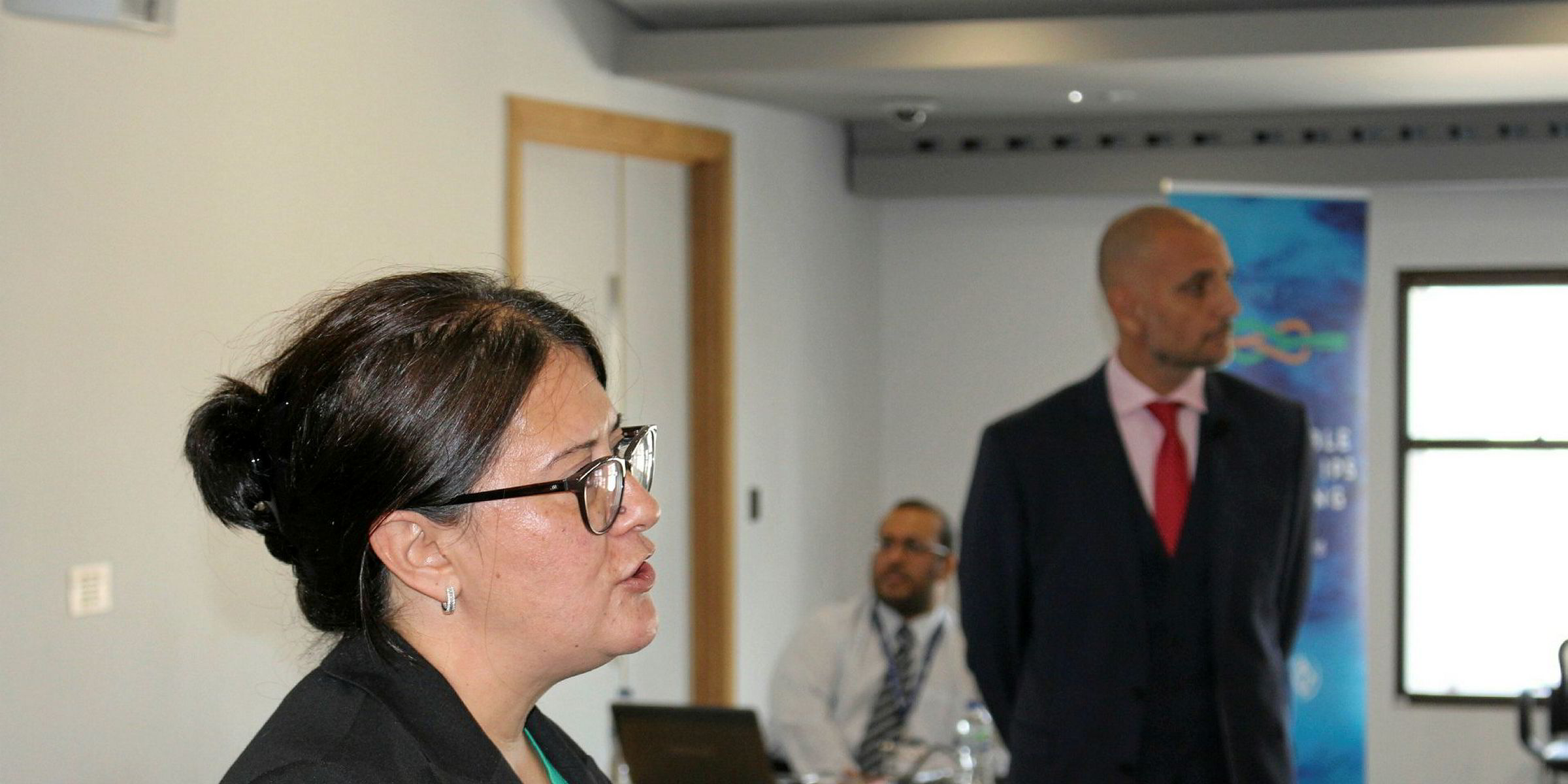Maritime unions and employers promise they will come to a settlement on collective bargaining agreement (CBA) negotiations this year, despite falling out badly in the previous round in Tokyo.
More than 5,600 ships are covered by the International Bargaining Forum (IBF) agreement, which runs out at the end of this year. Failure to reach a new accord would leave them without a recognised pay deal and potentially outside the terms of charter parties and the Maritime Labour Convention (2006).
International Transport Workers' Federation (ITF) maritime co-ordinator and chief negotiator Jacqueline Smith said: “We will come to an agreement. That is a promise. There is no Plan B.”
Her comments were echoed by Francesco Gargiulo, chief executive of the International Maritime Employers’ Council (IMEC), at a joint briefing in London last week.
They declined to go into detail about the nature of the negotiations but Smith admitted getting together for one last effort had been a problem.
“There are points of difference and we are looking to continue the negotiations, but they have been difficult to set up,” she said.
Reflecting on the slow progress, Smith said the number of meetings between employers and unions under the IBF’s Joint Negotiating Group have been reduced in the current round of talks and suggested “we may have to look at increasing the number” in future.
Although reluctant to disclose the terms being discussed, Smith said it is possible the next CBA could be extended from the current term of three years to a longer, unspecified period.
The joint IMEC-ITF briefing — held during London International Shipping Week under the banner “Sustainable relationships in shipping” — was a show of unity amid the uncertainty created by the collapse of the Tokyo talks in July.
Gargiulo said: “The relationship between owners and unions has often been seen as a fractious one but that is certainly not the case between IMEC and the ITF.”
Smith added: “The relationship has matured.”
The two negotiators then went on to describe a host of joint welfare and training initiatives they have developed. These too could potentially be threatened if the talks collapse.
Under the IBF agreements, $10 per seafarer per month is taken to fund the Seafarers’ Employment Promotion Fund, International Maritime Training Trust and International Maritime Fund.
The money has gone to establish facilities including the Maritime Academy of Asia & the Pacific, which has 550 students and has produced 1,150 graduates.
Around $3m has been spent on upgrading training facilities in Ukraine. English-language courses for seafarers have also been set up in Russia, Ukraine and Georgia.
The AB Engine Program trains school-leavers from underprivileged backgrounds in welding, machining and maritime studies.
About $2m has been donated to the Paul Hall Center in the US state of Maryland to buy bridge, tug and engine simulators.
The ITF Assistance, Welfare & Protection Fund receives $250 per seafarer per year from IBF CBA.
IMEC members can claim back 12% of the funds spent on employee benefits. Last year, they reclaimed $2.2m.



